The Fall Of The Kingdoms: A Historical Examination Of The Destruction Of Israel And Judah
The Fall of the Kingdoms: A Historical Examination of the Destruction of Israel and Judah
Related Articles: The Fall of the Kingdoms: A Historical Examination of the Destruction of Israel and Judah
Introduction
In this auspicious occasion, we are delighted to delve into the intriguing topic related to The Fall of the Kingdoms: A Historical Examination of the Destruction of Israel and Judah. Let’s weave interesting information and offer fresh perspectives to the readers.
Table of Content
The Fall of the Kingdoms: A Historical Examination of the Destruction of Israel and Judah
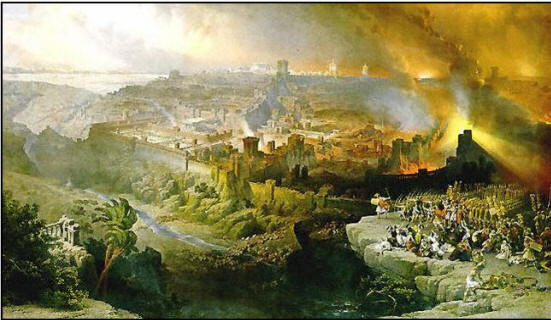
The ancient kingdoms of Israel and Judah, renowned for their contributions to religion, culture, and societal development, ultimately met their demise. Their destruction, while a tragedy for their people and a significant event in the history of the Near East, offers valuable insights into the complexities of ancient civilizations and the forces that shaped their rise and fall.
The Rise and Fall of the Kingdom of Israel:
The Kingdom of Israel emerged from the division of the United Monarchy under Solomon in the 10th century BCE. While the northern kingdom initially flourished, internal strife, religious divisions, and external pressures ultimately led to its downfall.
- Internal Strife and Religious Divisions: The Northern Kingdom was plagued by a series of weak and corrupt rulers, often embroiled in power struggles and vying for control over the throne. This instability weakened the kingdom’s ability to respond effectively to external threats. Additionally, the Israelites’ tendency to stray from the worship of Yahweh, the God of their ancestors, and embrace foreign deities, further undermined their unity and spiritual strength.
- External Pressures: The Kingdom of Israel faced constant pressure from neighboring empires. The Assyrians, a powerful military force, relentlessly expanded their influence throughout the Near East. Their military campaigns culminated in the conquest of the Northern Kingdom in 722 BCE, marking the end of the Kingdom of Israel. The Assyrians deported the Israelites, scattering them throughout their empire.
The Rise and Fall of the Kingdom of Judah:
The Kingdom of Judah, centered in Jerusalem, survived for a longer period, but it too eventually succumbed to the forces of conquest and internal strife.
- Religious Reforms and Political Instability: While Judah initially benefited from the leadership of figures like Hezekiah and Josiah, who implemented religious reforms and sought to strengthen the kingdom’s ties to Yahweh, these periods of stability were often followed by periods of political instability and corruption.
- The Babylonian Exile: The Babylonians, under Nebuchadnezzar II, emerged as a formidable force in the Near East, eventually conquering Judah in 586 BCE. The Babylonian siege of Jerusalem, followed by its destruction, resulted in the deportation of many Judeans to Babylon, an event known as the Babylonian Exile. This exile marked a significant turning point in Jewish history, shaping their religious practices and their sense of identity.
The Legacy of the Destruction:
The destruction of Israel and Judah had profound consequences for the Jewish people and for the history of the region.
- The Development of Jewish Identity: The exile in Babylon forced the Judeans to re-evaluate their relationship with God and their own identity. The exile led to the development of new religious practices and a strong sense of national unity, even in the absence of a physical kingdom.
- The Rise of Religious Thought: The exile also fostered a rich intellectual tradition, with the emergence of new religious interpretations and theological concepts. This period saw the development of important Jewish texts like the Book of Isaiah, which offered hope and solace to the exiled people.
- The Impact on the Near East: The destruction of Israel and Judah left a void in the political landscape of the Near East. Their demise paved the way for the rise of other empires, shaping the political and cultural landscape of the region for centuries to come.
Understanding the Importance of the Destruction:
The destruction of the Kingdoms of Israel and Judah is a crucial event in Jewish history and in the broader history of the Near East. It serves as a reminder of the fragility of empires, the consequences of internal divisions, and the enduring power of faith and identity.
- A Lesson in History: The destruction of these kingdoms offers a valuable lesson about the importance of unity, good governance, and the need to address internal challenges before they escalate into external threats.
- A Source of Inspiration: Despite the hardships they faced, the Jewish people persevered and ultimately rebuilt their society. Their story serves as an inspiration to communities facing adversity, demonstrating the resilience of the human spirit and the power of faith.
- A Window into the Past: Studying the events leading to the destruction of Israel and Judah allows us to better understand the complexities of ancient societies, their political and religious dynamics, and the forces that shaped their development.
FAQs:
- Why did the Assyrians destroy the Kingdom of Israel? The Assyrians were a militarily powerful empire seeking to expand their territory and resources. The Kingdom of Israel, weakened by internal strife and religious divisions, posed an obstacle to their ambitions.
- What happened to the Israelites after the Assyrian conquest? The Assyrians deported the Israelites, scattering them throughout their empire. This dispersion had a profound impact on the development of Jewish identity and culture.
- Why did the Babylonians destroy the Kingdom of Judah? The Babylonians, under Nebuchadnezzar II, sought to expand their empire and control the trade routes in the region. Judah, strategically located, posed a threat to their ambitions.
- What was the impact of the Babylonian Exile on the Jewish people? The exile forced the Judeans to re-evaluate their relationship with God and their own identity. It led to the development of new religious practices and a strong sense of national unity.
Tips for Studying the Destruction of Israel and Judah:
- Consult reliable sources: Utilize academic texts, scholarly journals, and reputable historical accounts to gain a comprehensive understanding of the events surrounding the destruction of the kingdoms.
- Analyze primary sources: Examine texts from the period, such as the Bible, historical inscriptions, and archaeological evidence, to gain firsthand insights into the lives and experiences of the people of Israel and Judah.
- Consider different perspectives: Explore the perspectives of both the conquering empires and the conquered peoples to gain a nuanced understanding of the events.
- Connect the events to broader historical context: Understand the destruction of Israel and Judah within the context of the broader history of the Near East, considering the rise and fall of other empires and the influence of cultural and religious forces.
Conclusion:
The destruction of the Kingdoms of Israel and Judah remains a significant event in Jewish history and in the broader history of the Near East. It serves as a testament to the fragility of empires, the importance of unity and good governance, and the enduring power of faith and identity. By studying this period, we gain a deeper understanding of the complexities of ancient civilizations and the forces that shaped their rise and fall, offering valuable insights into the human experience and the enduring legacy of history.


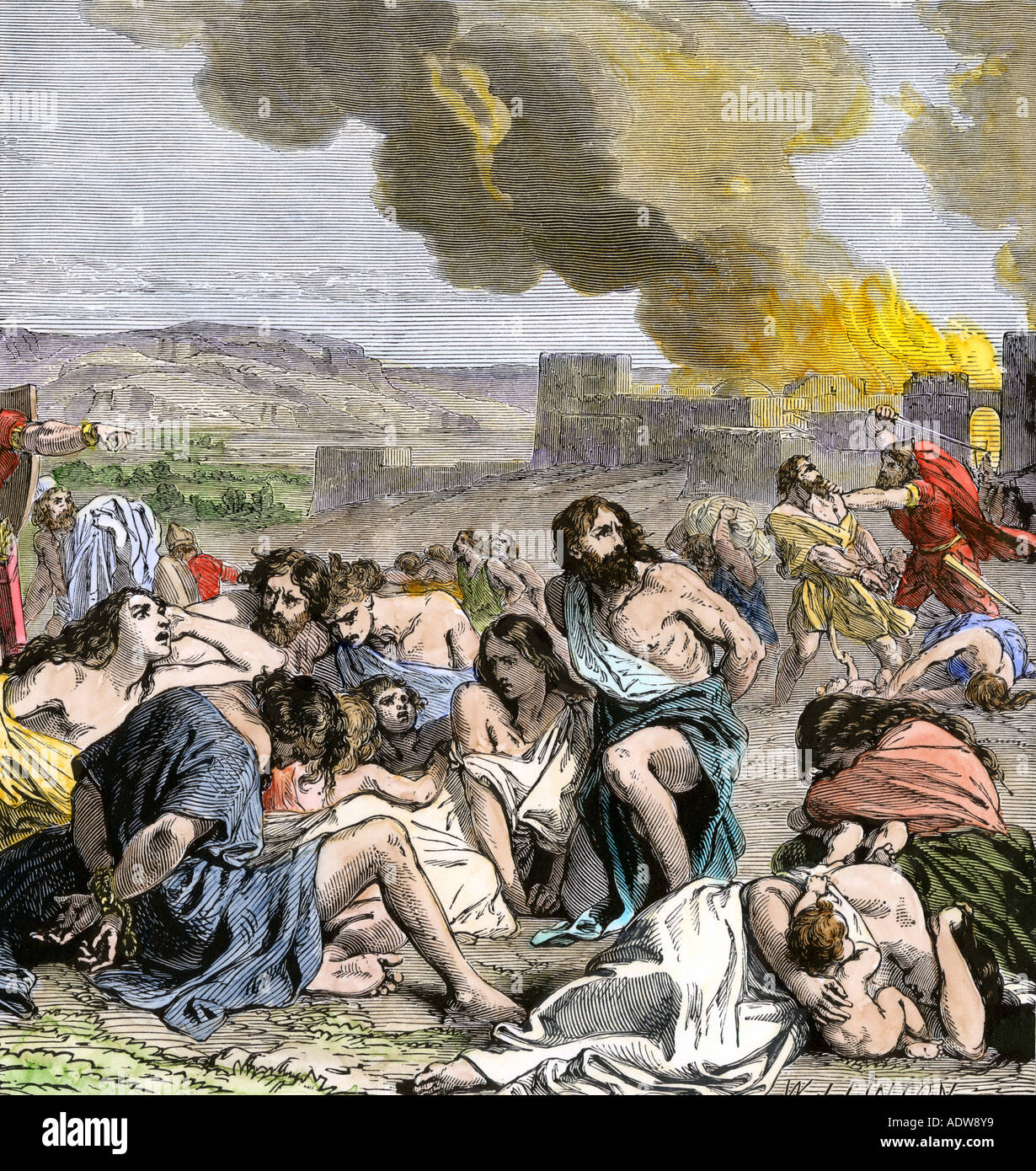

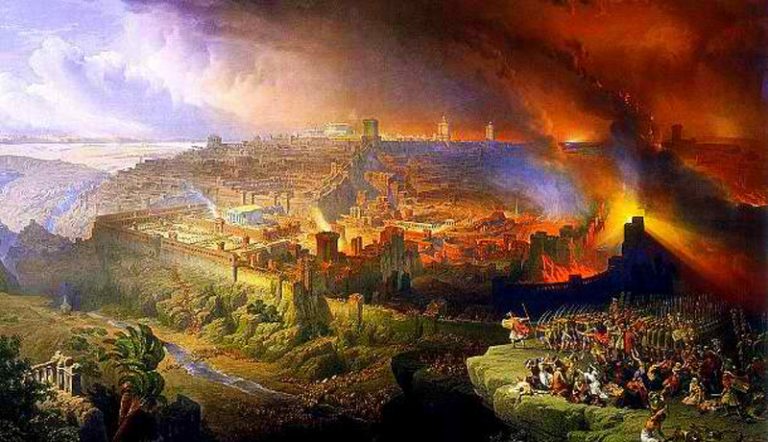
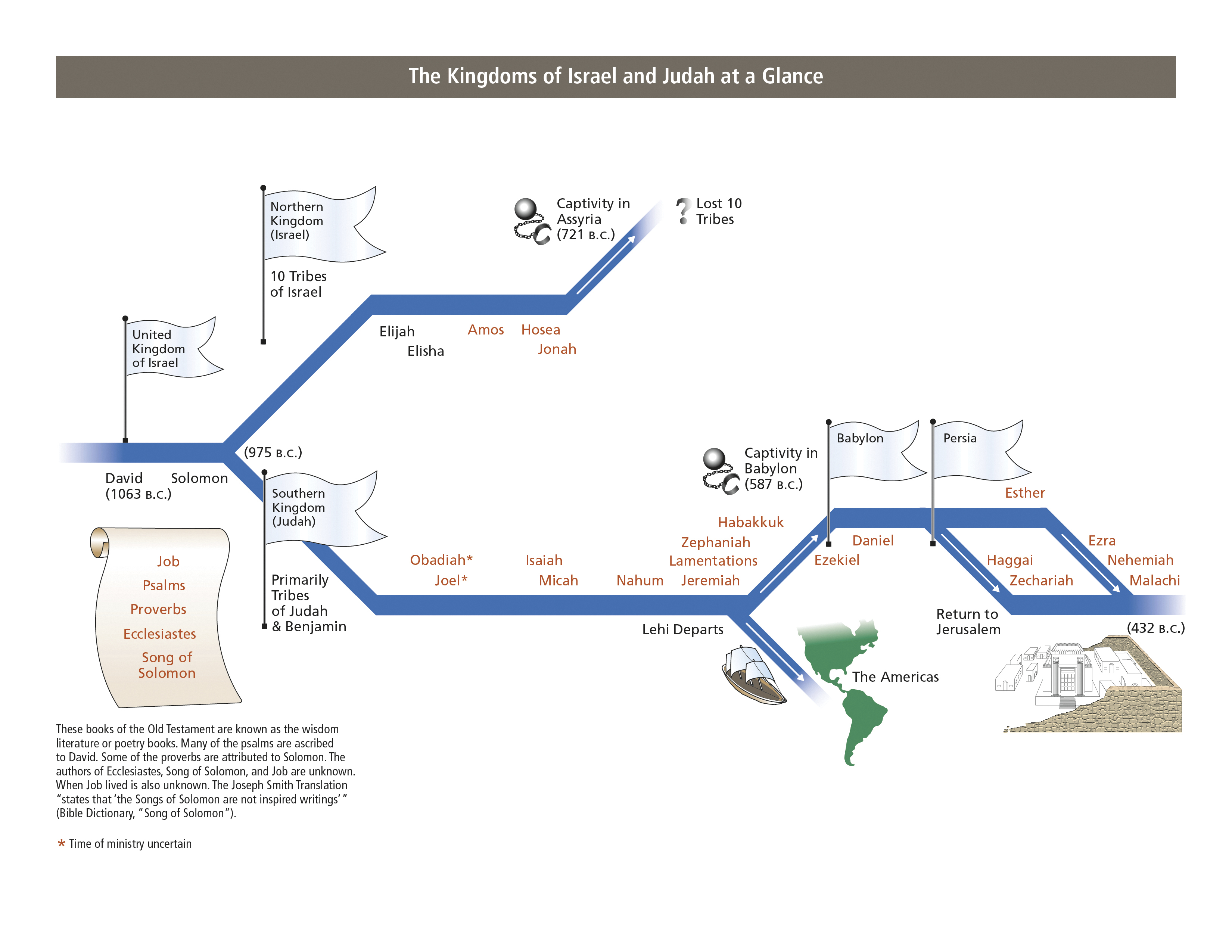

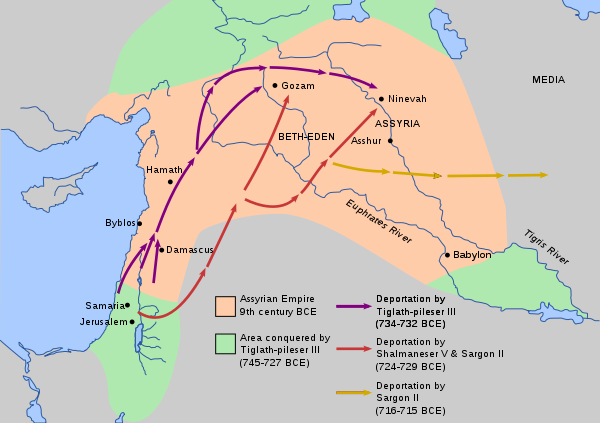
Closure
Thus, we hope this article has provided valuable insights into The Fall of the Kingdoms: A Historical Examination of the Destruction of Israel and Judah. We hope you find this article informative and beneficial. See you in our next article!